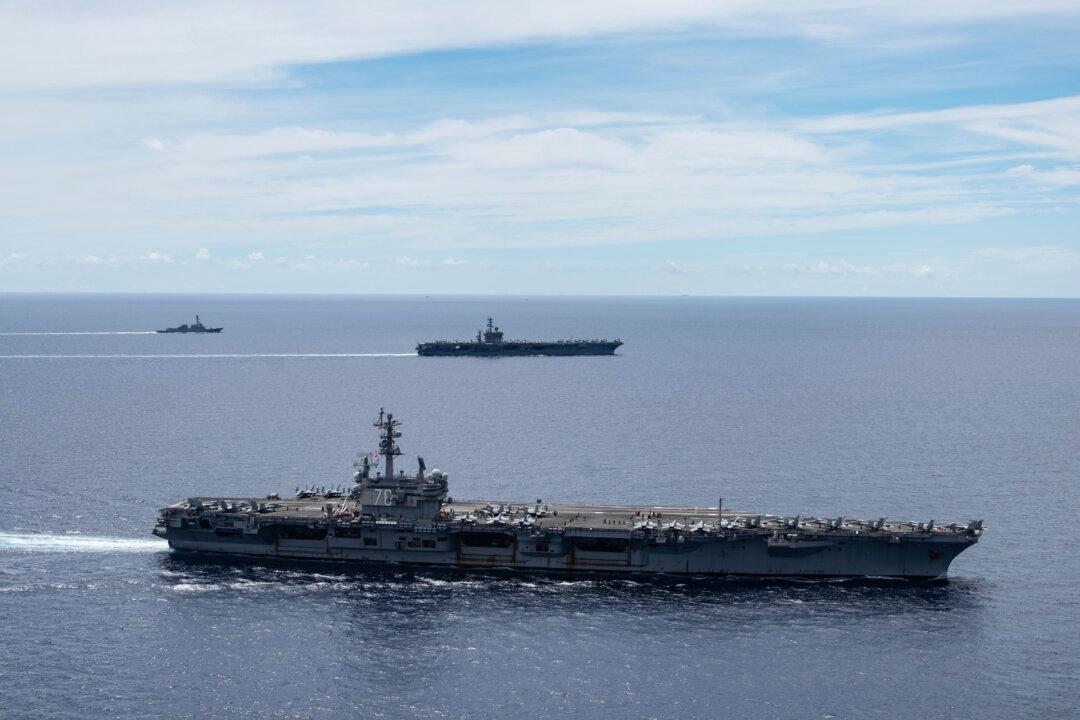National security adviser Jake Sullivan reiterated “ironclad U.S. commitments” to the Philippines during his call with his Philippine counterpart Eduardo M. Año following China’s recent actions in the South China Sea.
The pair discussed “shared concerns over the People’s Republic of China’s dangerous and escalatory actions against the Philippines’ lawful maritime operations near Second Thomas Shoal in the South China Sea,” the White House said on June 27.




